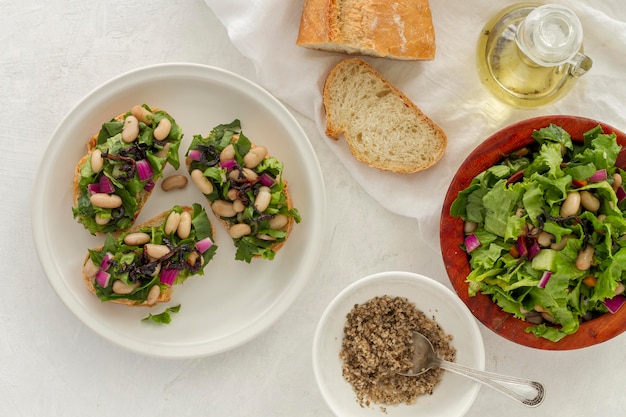Heart disease remains the leading cause of death worldwide. But the good news? Up to 80% of cardiovascular issues are preventable—starting with what’s on your plate. Weekly meal prep isn’t just a trend; it’s a powerful tool to take control of your heart health. This no-nonsense blueprint gives you clarity on what to do, why it works, and how to adapt it to your lifestyle—without gimmicks or complicated rules.
When you prep meals ahead of time, you reduce reliance on processed foods, fast food, and high-sodium convenience meals—all major contributors to high blood pressure, inflammation, and elevated cholesterol. Instead, meal prep allows you to prioritize whole, nutrient-dense ingredients that actively support cardiovascular function.
Studies consistently show that diets rich in fruits, vegetables, whole grains, lean proteins, and healthy fats—like the Mediterranean and DASH diets—are linked to lower rates of heart disease. Weekly prep makes these heart-protective eating patterns sustainable, not stressful.

This blueprint is designed for simplicity, balance, and long-term adherence. It focuses on reducing added sugars, sodium, and unhealthy fats—three dietary factors strongly linked to heart disease.
Start by mapping out your meals for the week. Focus on including:
Avoid or minimize processed meats, refined grains, sugary snacks, and high-sodium sauces.
Stick to the perimeter of the grocery store where fresh produce, lean meats, and dairy are located. In the center aisles, choose only pantry staples like canned beans (low-sodium), whole grain pasta, and olive oil.
Read labels: Look for products with less than 140mg of sodium per serving and no added sugars. "No sugar added" meal plans—like those developed by dietitians—show it’s possible to eat deliciously while protecting your heart.

Break your prep into manageable steps:
Use glass containers to store meals. They’re safer for reheating and help you visually track portion sizes.
Here’s a simple, no-sugar-added weekly plan to inspire your prep:
This approach aligns with evidence-based dietary patterns proven to reduce heart disease risk. The DASH diet lowers blood pressure, while the Mediterranean diet improves cholesterol and reduces inflammation. Both emphasize whole foods, fiber, and healthy fats—all supported by decades of research.
Reducing added sugar is critical. Excess sugar intake is linked to increased triglycerides, weight gain, and insulin resistance—all risk factors for heart disease. A no-sugar-added meal plan helps reset taste preferences and stabilizes energy levels.
Flexibility ensures sustainability. Here’s how to tailor the blueprint:
The goal isn’t perfection—it’s consistent progress. Even prepping two or three meals a week can significantly improve diet quality.
Heart-healthy eating doesn’t require extreme diets or expensive superfoods. It’s about making consistent, informed choices. Weekly meal prep puts you in the driver’s seat, helping you avoid impulsive, less-healthy decisions.
Start small. Prep one meal. Build from there. Over time, these habits become second nature—and your heart will thank you.

Health

Health

Health

Health

Health

Health

Health

Health

Health

Health

Health

Health

Health

Fitness

Health

Health